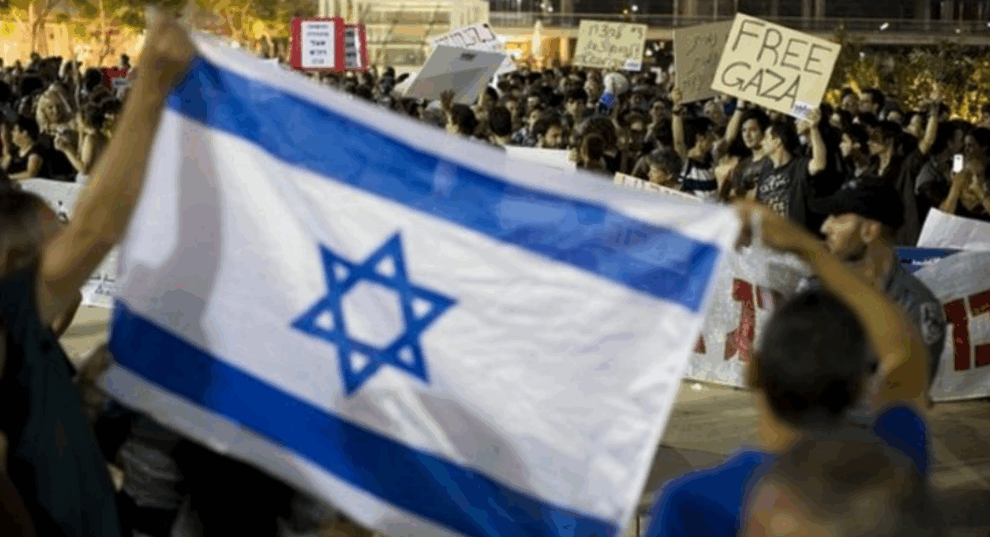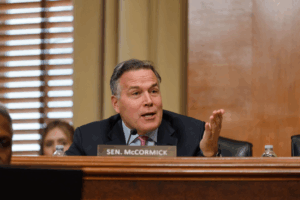President Trump marked the two-year anniversary of the deadliest terrorist attack in Israel’s history by promising an end to war.
Two years after the October 7th massacre, Israel remains locked in one of the longest and most punishing conflicts in its history. Despite repeated calls for a cease-fire, Hamas continues launching rocket attacks from southern Gaza and refuses to release hostages believed to be held in underground tunnels. Israel maintains an aggressive campaign aimed at dismantling Hamas’ military network from the terrorist group’s remaining bases in neighboring territories.
The Gaza Health Ministry reports that more than 40,000 civilians have been killed since the fighting began, while Israeli officials estimate more than 1,800 Israeli soldiers have died in combat operations. Neighborhoods across northern Gaza have been systematically destroyed, and hundreds of thousands of civilians remain displaced.
After the October 7th attacks, Israel’s government responded aggressively, expanding border security and strengthening intelligence networks that failed to detect Hamas’ plans. Despite thousands of Jewish civilians killed and Hamas’s mission to eradicate Israel, some in the U.S. and around the world blamed Netanyahu for his response to the attack. The Israeli government expanded national-service requirements, reinforced border security, and increased intelligence coordination with Egypt and Jordan. Israel also found itself under attack from Iran, who functions as one of the largest suppliers of weapons to Hamas’ terrorist network.
For President Trump, the conflict is front and center to his foreign policy, promising an end to the war and sending high-ranking officials – including Jared Kushner – to Egypt for expanded peace talks. After deploying additional U.S. advisers to Egypt and Qatar earlier this year, the administration is pressing for what officials describe as a “comprehensive de-escalation framework” that would link any long-term cease-fire to Hamas’ disarmament and the release of remaining hostages. Some have criticized Trump’s involvement in the war and maintain that Israel should cede significant parts of Gaza to Palestinian control.
Despite the mounting death toll, Hamas remains opposed to any long-term cease-fire deals. Trump officials say Israeli and Hamas negotiators, through intermediaries, have discussed a temporary 60-day truce that would allow international monitors into Gaza and facilitate a phased prisoner exchange. President Trump expressed willingness to propose a “take it or leave it” deal to Hamas should current talks dissolve without an agreement.
Away from Israel, the war has ignited significant unrest in the U.S., where support for Israel has been thin from some in the Democratic party. In the summer of 2024, widespread riots at college campuses led to increasingly violent clashes between pro-Palestinian student groups and law enforcement. Administrators at Columbia University, UCLA, and the University of Michigan reported assaults, property damage, and harassment of Jewish students, and others resigned from their posts after a Congressional hearing last year revealed deep anti-Semitism in academia. President Trump pledged to pause funding to schools with ties to anti-Israel groups and opened an investigation to decipher which foreign agents were responsible for some of the unrest on college campuses.





